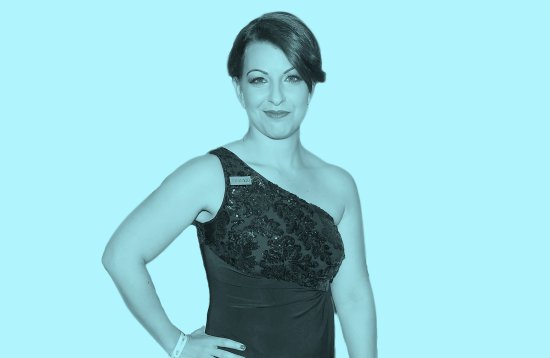
Sexist media has a larger social impact
Feminist media analysis is rarely as simple as “No, this is not sexist” or “Yes, this is sexist.” Within both media and society itself, unexamined sexist beliefs and actions are pervasive, sometimes in very obvious ways, but also in more subtle and often unexamined ones. For example, we don’t bat an eye if the main cast of an action film is composed entirely of men, but if the cast is all female it is often seen as bizarre or noteworthy. These attitudes are very much like air pollution: we are all breathing them in whether we helped to produce them or not.
[time-brightcove not-tgx=”true”]
Because sexism is so pervasive, it’s common to find it threaded through all forms of media, including many movies, TV shows and video games that are otherwise fascinating, moving, or compelling. We might see a female character that is powerful, confident and nurturing but has been dressed in sexualized clothing or a captivating show that constantly uses the sexual assault of female characters as a narrative arc for its male character development. That doesn’t mean that we have to immediately reject every piece of media that has sexist, racist or homophobic moments or qualities, but we do need to recognize that they exist, understand their larger social impact, and then make decisions about which media we want to continue critically engaging with.
It’s not only possible but important to be critical of the media that you love, and be willing to see the flaws in it, especially the flaws that reflect and reinforce oppressive attitudes and unexamined ways of thinking in our culture. The problem is rarely with any single television show or movie, but rather the recurring pattern of sexist representations that works to reinforce harmful social norms. The stories the media tells are powerful indeed; they help to shape our attitudes, beliefs and values, for better or for worse. Rather than normalizing and reinforcing the harmful systems of power and privilege that exist in the real world, our cultural stories can challenge the regressive status quo and show us models of a society that treats all people as complex, flawed, full human beings.
Sarkeesian is the founder of Feminist Frequency
[video id=cDnAE0dP ]